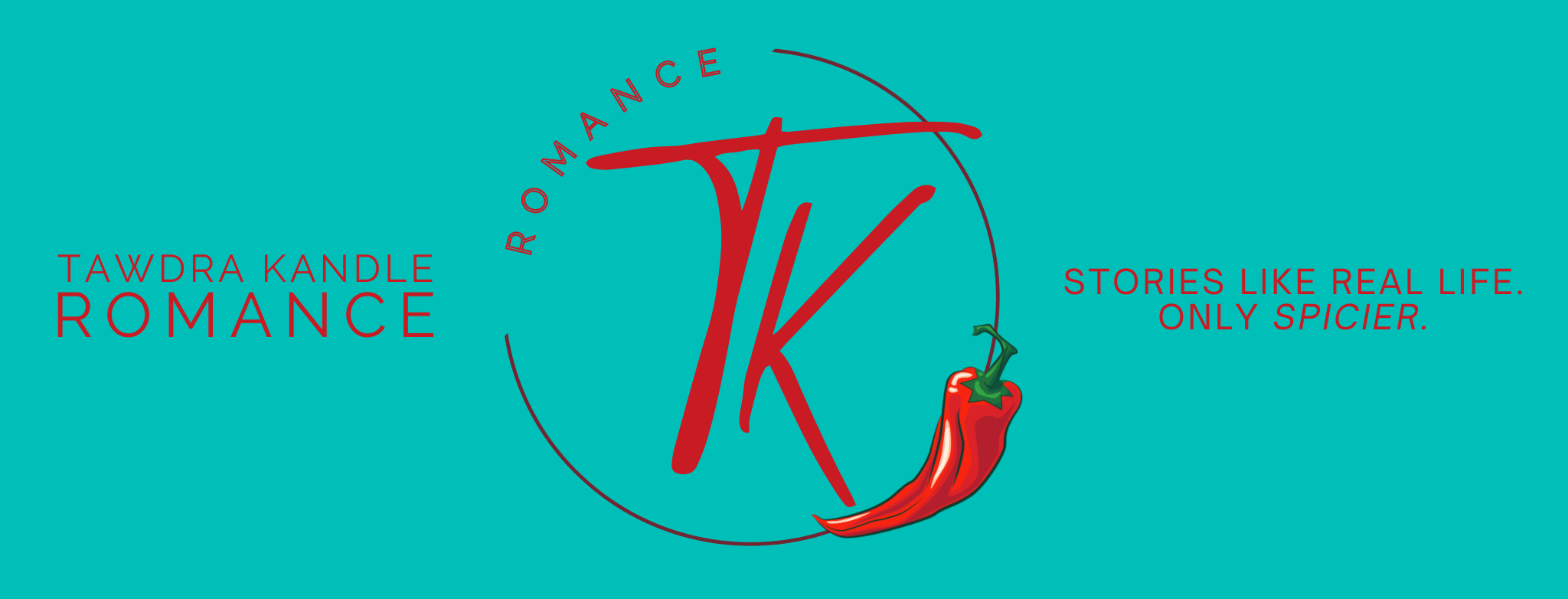{This post originally appeared here three years ago. It’s a rerun because this week, this author is on vacation! That’s right, folks, I actually have a life. So enjoy a little blast from the recent past. It holds true even for today. See you next week!}
These days, I spend a good deal of time with other writers on social media sites like Twitter and Facebook. It’s wonderful to interact with these creative minds, and most of the time, I really enjoy it.
 But every now and then, I see a tweet or post pop up. . something along these lines: “This is how my book got it’s title!” Or “My characters love there story.”
But every now and then, I see a tweet or post pop up. . something along these lines: “This is how my book got it’s title!” Or “My characters love there story.”
Cringe worthy grammar issues make me. . well, cringe.
Am I too picky? Maybe. After all, these are just a few lines tossed out into cyberspace; it’s not the Great American Novel.
True. . .but shouldn’t authors, people who have chosen to embrace the written word as their vocation or avocation, be held to a higher standard? At the very least, shouldn’t we use the basics correctly?
My own personal biases are the least of the reasons to watch our grammar. As indie writers, we are already fighting preconceived notions that we just weren’t good enough to make it in the world of traditional publishing. I’ve encountered some traditionally-published writers who sniff (in their tweets of 140 characters or less!) that indie books are poorly written, poorly edited, amteurish imitations of ‘real’ books. Why should we give them reinforcement for that argument?
You can be a writer even if you don’t know all the basic grammar rules, but you’ll be a better writer if you make the effort to understand them. Learn how to use there, their and they’re as well as its and it’s. Study sentence structure. And then pay attention to every tweet and post. Yes, we’re all going to make mistakes here and there. That just means we need to proofread all the more vigilantly.
Writing well truly is its own reward. . .and the best revenge!

